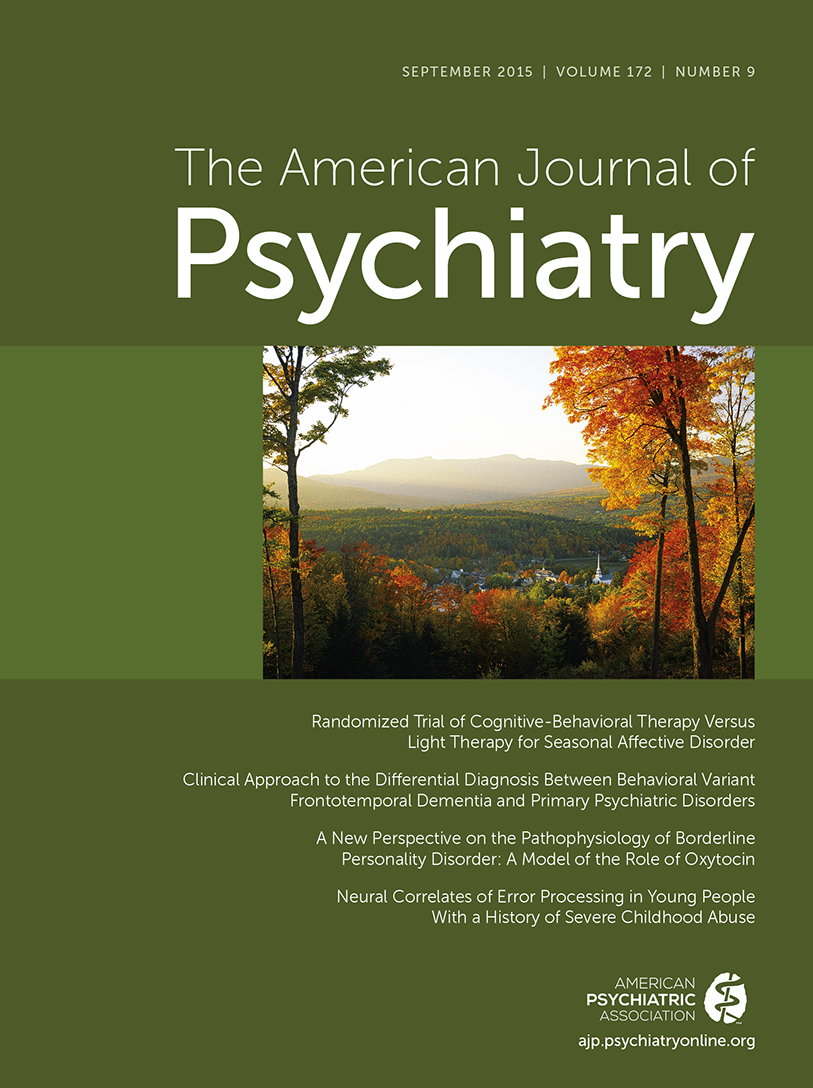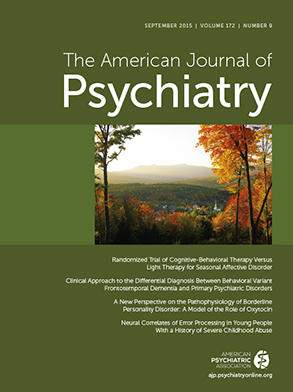Edible Cannabis–Induced Psychosis: Intoxication and Beyond
| Case | Chief Complaint | History of Present Illness | Exam | Treatment |
|---|---|---|---|---|
| 34-year-old Caucasian female hairdresser | “My eyes are open and I am following the Lord.” | 3 days of bizarre behavior with insomnia, intermittent euphoria, paranoia | Labile, disorganized thinking, poor insight and judgment, hyperreligious delusions | Intramuscular haloperidol in the emergency department; seclusion and oral risperidone in Psychiatric Emergency Services |
| 35-year-old Caucasian female homemaker | “I’m trying to fight for my freedom.” | 3 days of bizarre behavior with rapid speech and flight of ideas | Disorganized thinking, flat affect, poor insight and judgment, grandiose delusions, auditory and visual hallucinations | In Psychiatric Emergency Services; intramuscular haloperidol and lorazepam, then oral risperidone |
| 25-year-old African American male, currently unemployed | “When I was driving, something told me to get home immediately so I panicked and jumped.” | At least 1 day of bizarre behavior and paranoia | Combative and agitated with disorganized thinking | Intramuscular haloperidol and midazolam in the field; restraints in the emergency department |
| 27-year-old Caucasian male contractor | “I’ve had thoughts of jumping off my balcony.” “I am God.” | 4 days of suicidal ideation, insomnia, depressed mood | Grandiose delusions, disorganized thinking, depressed affect | Oral olanzapine in Psychiatric Emergency Services |
| 22-year-old Caucasian male student | “I mutilated myself because friends wanted their energy back.” | 1 day of bizarre, disorganized thinking and question of self-inflicted incision to the left neck | Labile, agitated, disorganized with flight of ideas and loose associations | Intramuscular midazolam and haloperidol in the emergency department |
References
Information & Authors
Information
Published In
History
Authors
Competing Interests
Metrics & Citations
Metrics
Citations
Export Citations
If you have the appropriate software installed, you can download article citation data to the citation manager of your choice. Simply select your manager software from the list below and click Download.
For more information or tips please see 'Downloading to a citation manager' in the Help menu.
View Options
View options
PDF/EPUB
View PDF/EPUBLogin options
Already a subscriber? Access your subscription through your login credentials or your institution for full access to this article.
Personal login Institutional Login Open Athens loginNot a subscriber?
PsychiatryOnline subscription options offer access to the DSM-5-TR® library, books, journals, CME, and patient resources. This all-in-one virtual library provides psychiatrists and mental health professionals with key resources for diagnosis, treatment, research, and professional development.
Need more help? PsychiatryOnline Customer Service may be reached by emailing [email protected] or by calling 800-368-5777 (in the U.S.) or 703-907-7322 (outside the U.S.).

